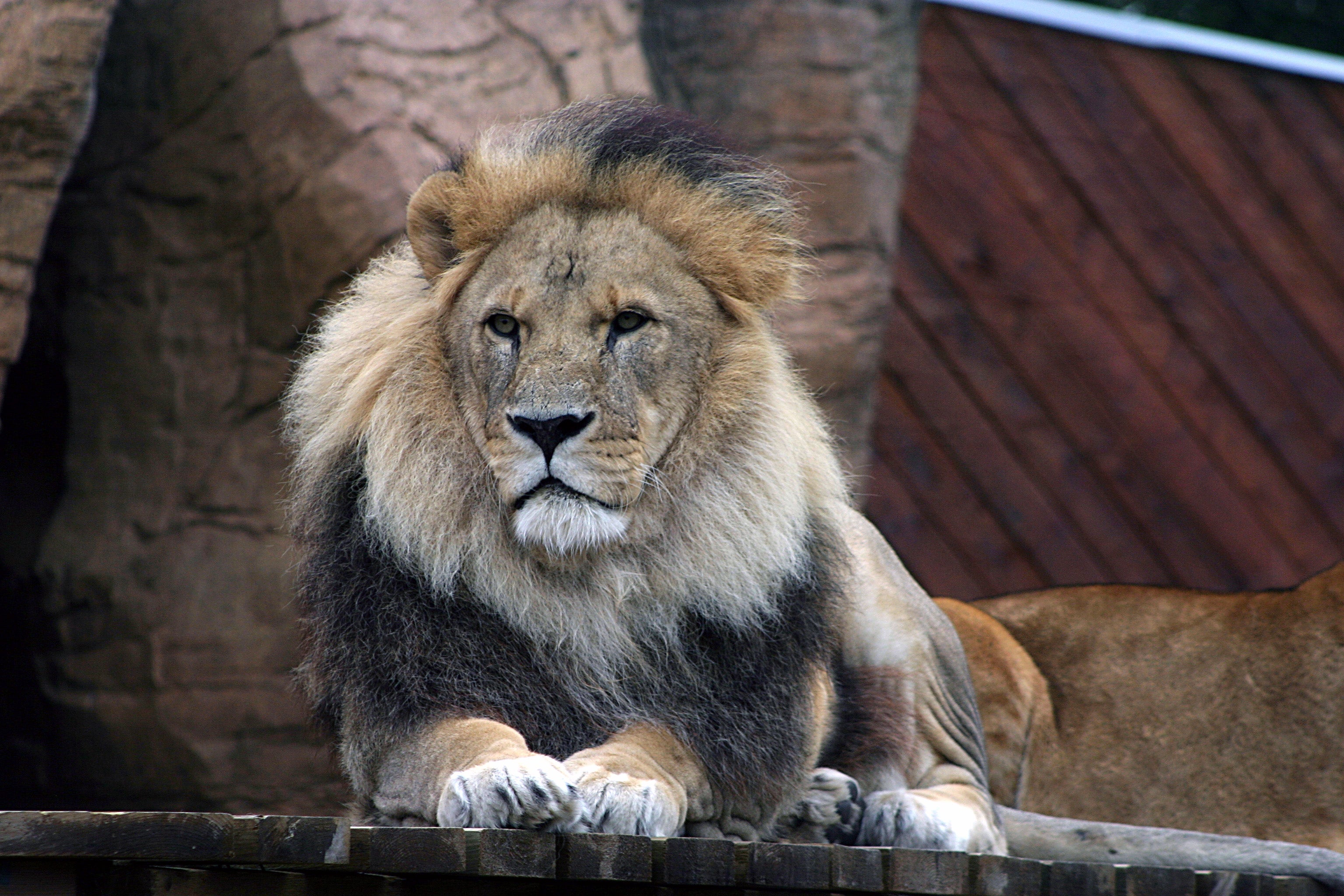Why there’s no such thing as a kind zoo
As a new study finds widespread animal abuse at zoos spanning the whole of Europe, Chas Newkey-Burden reveals the sinister side of the great British day out


British zoos have been accused of “gross neglect” after an 18-month, Europe-wide investigation discovered thousands of apparent breaches of animal welfare standards.
The researchers, from the Kent-based animal conservation charity the Aspinall Foundation, visited 29 zoos and aquariums. They report finding elephants locked outside in cold temperatures, bears shut in concrete-walled enclosures, and wild dogs stuck outside without bedding.
They focused on zoos that are accredited by the European Association of Zoos and Aquaria (EAZA) – which is regarded as a “gold standard” to reassure visitors that the animals they see are properly looked after – and said they found 3,074 breaches of EAZA guidelines.
There have been separate uncomfortable headlines for British zoos recently. Campaigners said that animals went missing, died and suffered disease because of continued failings at one UK zoo, while another hit the headlines after a sloth was pictured in a public stairwell, and aardvarks tried to sleep in an area where visitors often bang on the glass.
The fact that animals often suffer in zoos is hardly news. A previous study found that enclosures in UK zoos and safari parks are on average 100 times smaller than the minimum home range for animals in their natural habitats. According to researchers from Bristol University, more than three-quarters of British zoos failed to meet all the minimum animal welfare standards.
This sort of treatment is inevitable, because a zoo’s main purpose is the entertainment of humans. We are put first, and the animals are held captive for our benefit. It’s animal exploitation.
Even zoos that focus on conservation are morally dubious, because the freedoms and needs of individual animals are usually compromised in the name of “the greater good”.
But the main harm that zoos do to animals is symbolic: they encourage something called speciesism. This is the dominant philosophy that members of one species are morally more important than members of other species. Or, more bluntly: the idea that cats and dogs deserve to be cuddled but cows and pigs deserve to be killed.
A day out to the zoo is a familiar childhood treat. Our parents take us along and we coo in wonder at the lovely and dazzling animals on display. “They’re so cute,” we think. “I love animals!”
But then we stop at the zoo’s canteen for our lunch, where we eat the remains of cows, pigs and sheep who were killed for us. These experiences teach us that only some animals deserve to be protected.
Some zoos are clearly worse than others, and yes, many have conservation projects. I don’t believe that the people who work at most zoos have any malicious intent towards the animals at all.
But more than 90 billion animals are killed for their meat every year – and as long as zoos play such a pivotal, indoctrinating role in the speciesism that leads to that mass slaughter, any good work they do will always be muddied by the blood on their hands.
Anyone who wants to take their children to see animals in a more positive way should visit (and help fund) animal sanctuaries that go about protecting animals in a sincere and holistic way, like the Retreat Animal Rescue sanctuary in Kent, which is run by vegans and offers only vegan food at its canteen. A visit somewhere like that will teach children true love for animals.
Join our commenting forum
Join thought-provoking conversations, follow other Independent readers and see their replies
Comments
Bookmark popover
Removed from bookmarks